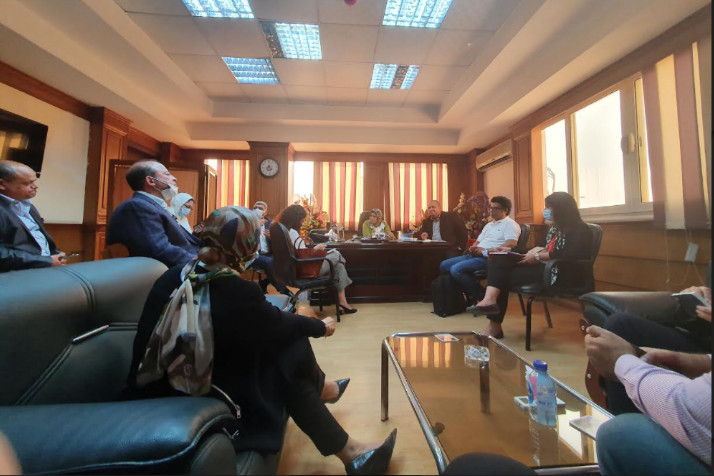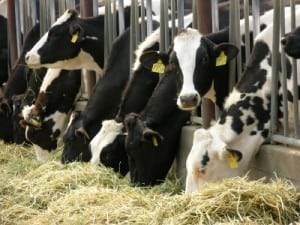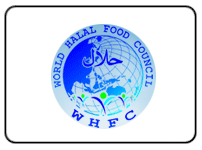TWO ARTICLES
In response to the action taken for a Halal certification requirement for exports to Egypt being done exclusively by IS EG Halal Global, that was incorporated on the NZ Companies Register on September 10, and registered in the United States of America, Eucolait, the European Association representing the dairy trade sent the following 2 page letter to the Head of Unit – Agriculture, Food and Sanitary and Phytosanitary Matters Directorate-General for Trade, European Commission to resolve the confusion which has been created.
Egypt: New Egyptian halal accreditation may have ‘chilling’ effect on NZ export market
20211011-Letter-to-Mr-Coturni_Egypt-IS-EG-Halal-requirementsThis requirement is definitely going to be challenged by European countries.
ARTICLE TWO
Halal Regulations to affect food exports to Egypt
Ministry of Agriculture, Nature and Food Quality, The Hague
Are you exporting food to Egypt? Check out how Halal certification may affect your exports. Egypt is changing its certifications, but how this is done is work in progress. This will impact Egypt’s food imports, and may have consequences for food security and Egypt’s reputation as a country open for business. The agricultural team is doing its best to follow these developments and make sense of what is going on.
The National Food Safety Authority (NFSA) announced on the 5th of August that ISEG Halal would be the only competent authority recognized by the Egyptian government to issue Halal certifications for all food products and factories. All imported food products will need to be Halal certified by ISEG Halal to enter Egypt.
Halal is an Arabic word that means permissible. A Halal certified product means that the product is permissible or acceptable in accordance with Islamic dietary laws. In order for products to receive this certification, they must be from an acceptable source such as a cow or chicken and slaughtered according to these laws. ISEG Halal will not only consider how animals are slaughtered, but also the origin of food ingredients and animal feed.

In order to get more clarity on these procedures, the agricultural team of the Netherlands Embassy arranged a bilateral meeting with CEO of ISEG Halal and representative of General Organization of Veterinary Services (GOVS) to have an image about the implementation process. ISEG Halal informed the embassy with the following points:
• NFSA and GOVS will modify the 2014 Halal standards to comply with the recent changes and to have a clarity on the implementation procedures. The standards of 2014 will be the main document that regulate the Halal procedures.
• Any food product with additives from animal origin will require Halal Certification from ISEG Halal.
• Applying for an import permit from 1st of October 2021 for any dairy product will require a Halal certification from ISEG Halal
• All import permits issued before 1st of October will be exempted and allowed to enter without Halal certifications.
• ISEG Halal expressed their interest to have a mutual agreement with Dutch authorities to facilitate the transitional phase for applying these procedures.
• ISEG Halal does not have an office yet in Netherlands therefore the inspection will be done in virtual way or through independent inspectors.
• Cost of inspection will be adjusted in individual case based on the country, product and the quantity. The cost will be arranged per each container not shipment
• Other products like Pork/Alcoholic drinks will not be affected by these procedures.
In addition, GOVS together with NFSA have arranged a general info session for all companies and some embassies on the 26th of September to discuss the new Halal regulations. Dr Hussein Mansour, Chairman of NFSA said that the government is planning to apply these procedures in a gradual level starting by Dairy products based on standard 2014 ensure any additives from animal origin will be Halal. This will be applied from the 1st of October while there will be 3 months transitional phase where they can accept the original label without changes. The label can be adjusted in Egypt by adding ISEG Halal stickers to the packages. Egyptian authorities expressed their flexibility to extend the period of adjusting the ISEG Halal labels in the products for 3-6 months more and this will applied per individual case then it will be mandatory to have it printed in the packages. These procedures will applied on other products in a gradual level every 6 months starting from beverages, then confectionery products and so on. There is currently no complete list of products that will require Halal certifications.
These new procedures are expected to increase the price of imports into Egypt. It is still unclear how this will affect the trade between Egypt and Netherlands. The agricultural team of the embassy will follow up on developments and stand ready to provide updates when needed. KAI-LNV@minbuza.nl




